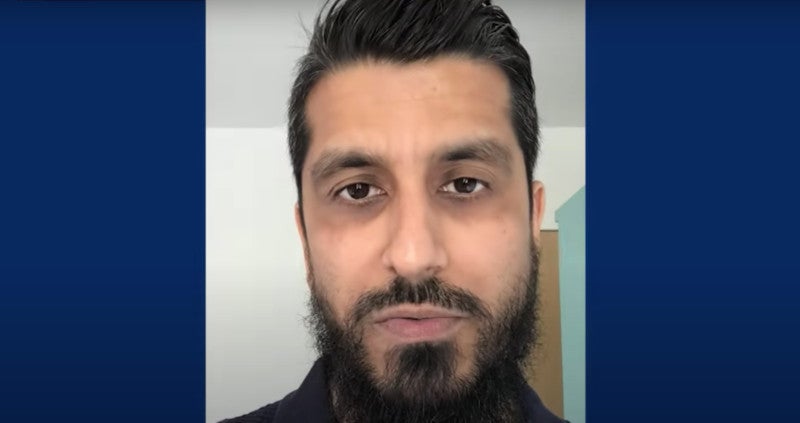
Silencing Muslim voices: France’s authoritarian security state
This op-ed by Bridge Initiative Senior Researcher Farid Hafez originally appeared in EU Observer.
On 24 July, the US Commission on International Religious Freedom issued an alarming policy briefing on religious freedom concerns in the European Union at large. Amongst the many countries discussed, one features most prominently: France, especially in regard to its treatment of Muslims.
The country is mentioned for restrictions on religious attire, legal treatment of so-called sects, the infamous anti-separatism law, which aims to enforce “French values,” and newly-imposed provisions fining religious leaders exorbitant sums of money, threatening to close their places of worship if they provoke people to undermine French law. Again, flexible terminologies are used, which can be easily abused by state authorities to put pressure on unpleasant people. Meanwhile, various intellectuals and civil rights groups have warned of the increasing anti-Muslim tendency within the French government.
The UK-based civil rights group CAGE, which was one of the few shedding light on France’s systematic obstruction policy on Muslims, documented how the French government created 101 units nationwide to monitor Islam and Muslims, placing 23,996 Muslim organizations and businesses on a secret blacklist and under strict monitoring, closing 672 Muslim-owned organizations and businesses and seizing €45,572,000. With this policy, France aligns itself with other authoritarian states, whose leaders such as Egyptian president Abdelfattah El-Sisi are awarded the highest forms of state recognition. And like Sisi’s military regime, France intends to on the one hand control the religious infrastructure to make it subservient to its own policy aims, while on the other hand, it cracks down on every independent religious actor in fear of potential opposition emanating from there.
To read the full article, click below:

 Search
Search